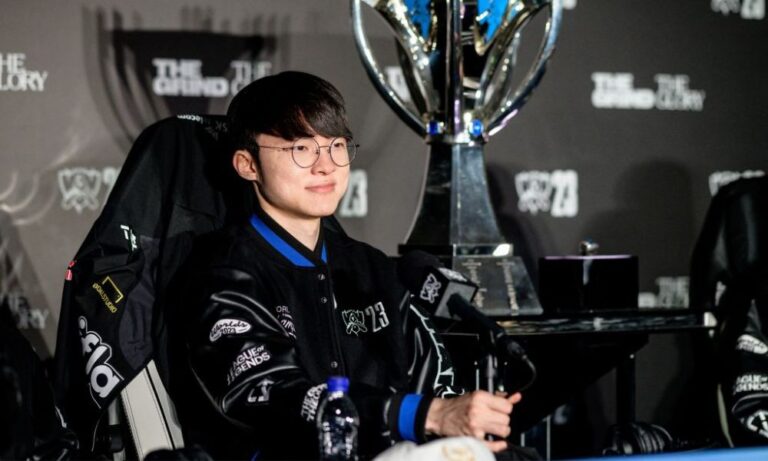Video game developer Riot Games has announced a new business model for its League of Legends (LoL) esports franchise, with a new Global Revenue Pool (GRP) that will distribute all revenue from digital LoL esports. did.
Confirmed:
- A new model will be introduced for teams in the North American-based League Championship Series (LCS), League of Legends EMEA Championship (LEC), and League of Legends Champions Korea (LCK).
- Tier 1 teams collectively receive 50% of GRP
- 35% of the GRP will be allocated based on competitive performance and will be divided into two tranches. One based on regional league standings and the other based on international event standings.
- The remaining 15 percent will be distributed to teams rewarded for “developing strong fandom for their players, league, and team brand.”
- The franchise will also receive a fixed stipend from Riot Games, which will also increase the standard esports revenue share and the amount of digital content released in a given season.
context:
Under the previous system, LoL esports teams had to pay approximately US$10 million to join the league. Additionally, only teams that participated in international events were given a portion of the revenue generated from the sale of digital content related to those competitions. That meant only 20 to 30 teams captured digital revenue each season.
Riot Games asserted that “the impending demise of esports has been exaggerated,” but said the change in model would ensure teams become less reliant on sponsorship revenue. Many esports franchises have struggled to ensure stable revenue levels post-pandemic, in part due to unfavorable economic conditions.
The game developer itself has also been financially affected, announcing in January that it would cut its workforce by 11%.
For other direct revenues such as media rights and sponsorships, Riot said it would donate 50 percent to the team once the game developer “recovers its annual investment in LoL esports.”
comment:
“This model shifts the revenue sharing mechanism away from sponsorship sales as the primary source of revenue and focuses on digital content sales. The cap is higher than sponsorship, which is limited by advertising.'' Market penetration is increasing,'' said John Needham, president of esports at Riot Games.
“Another benefit of sharing digital revenue is that teams and leagues can truly work together to maximize revenue for everyone's benefit. Leagues and teams run their own sponsorship businesses; This has proven difficult for sponsorship sales, as supporting each other's businesses usually results in conflicting terms and rights.
“Using digital content, we can reduce these conflicts and work together as a unified force to grow the overall pie.”
Next up:
Riot also said it will work with the China-based League of Legends Pro League (LPL) to evolve the current business model used by the competition.
Are you ready for success? Join SportsPro Live in London this April to uncover the secrets to monetization, audience engagement, environmental and social responsibility success. Get your pass now.


